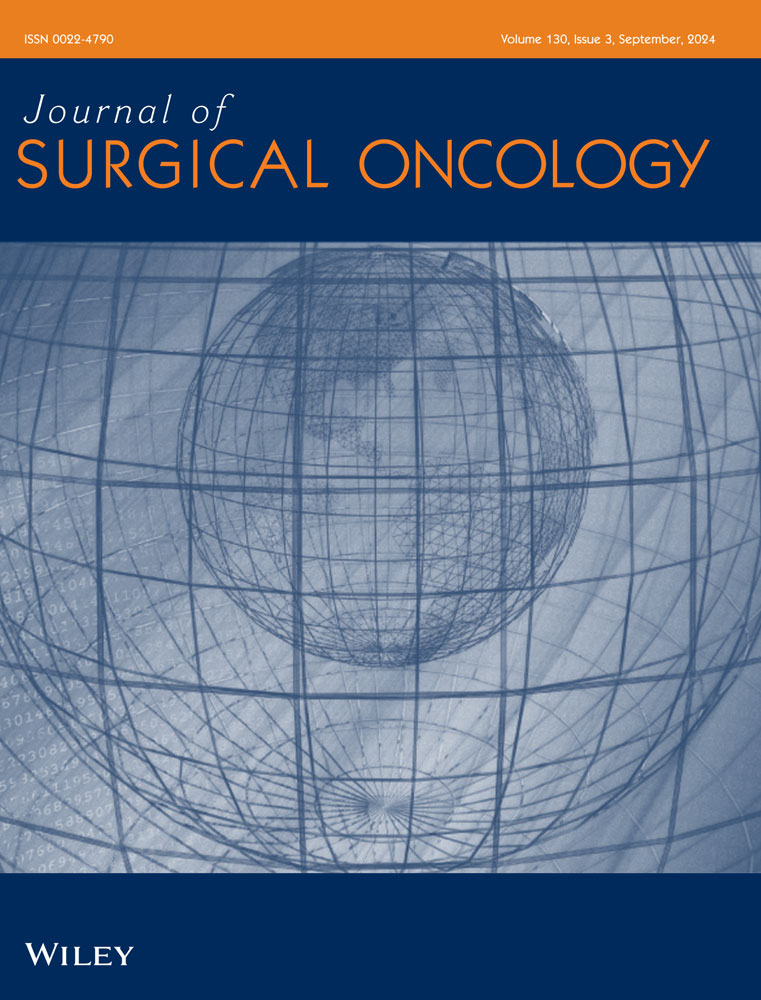Neoadjuvant chemotherapy for resectable gastric cancer is associated with better outcomes than neoadjuvant chemoradiation
Abstract
Introduction
National Comprehensive Cancer Network Guidelines recommend neoadjuvant chemotherapy (CTx) or chemoradiation (CRTx) for advanced resectable gastric cancer, irrespective of the tumor location. The aim of this study is to compare survival benefits between neoadjuvant CTx and CRTx using the National Cancer Database (NCDB).
Methods
Using the NCDB, we retrospectively reviewed patients who underwent gastrectomy after neoadjuvant CRTx or CTx between 2004 and 2018.
Results
The cohort included 14 266 patients, with 6458 (45.3%) receiving neoadjuvant CTx and 7808 (54.7%) receiving neoadjuvant CRTx. Both treatment groups exhibited significant differences in various demographic and clinical factors, including sex, age, race, tumor locations, stages, and adjuvant treatment (all p < 0.001). While the complete pathological response was more prevalent in the CRTx group (p < 0.001), overall survival (OS) was significantly extended in the CTx group (p < 0.001). Subgroup survival analyses, accounting for tumor location and clinical/pathological stage, consistently revealed longer OS in the CTx group (p < 0.001). The direct comparison showed an approximately 20%−30% improved 5-year OS in the CTx group across the majority of American Joint Committee on Cancer (AJCC) T/N category tables. Multivariate analysis confirmed neoadjuvant CTx was an independent protective factor (hazard ratio = 0.811; p < 0.001). A nomogram for OS based on multivariate analysis was also proposed, revealing a significant improvement in the c-index compared to the current AJCC staging (0.654 vs. 0.596).
Conclusions
Patients undergoing neoadjuvant CRTx demonstrated significantly shorter survival compared to patients undergoing CTx at the same stage. The current AJCC staging may lead to an overestimation of survival in patients with neoadjuvant CRTx.
CONFLICT OF INTEREST STATEMENT
The authors declare no conflict of interest.
Open Research
DATA AVAILABILITY STATEMENT
The data that support the findings of this study are openly available in NCDB at https://www.facs.org/quality-programs/cancer-programs/national-cancer-database/puf/.




